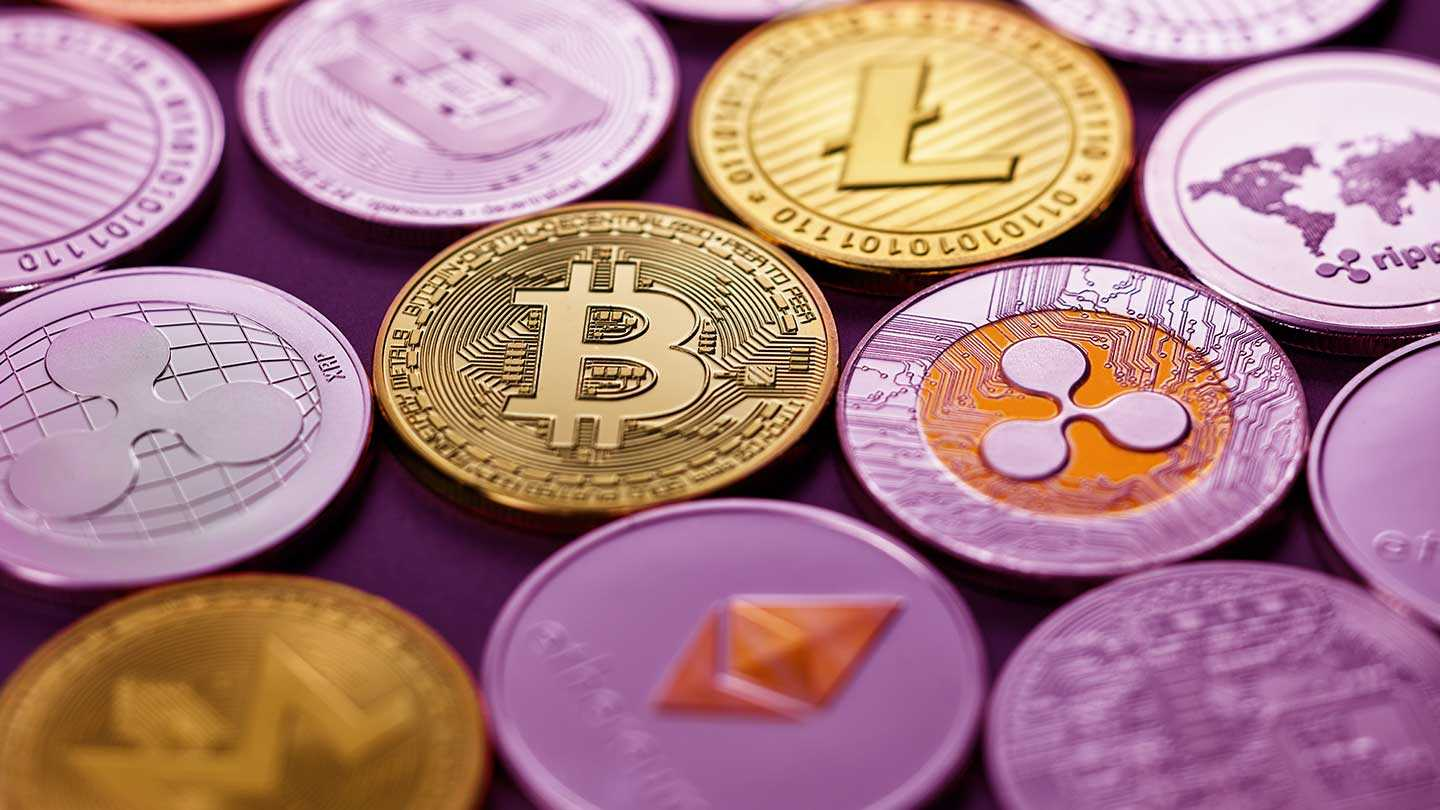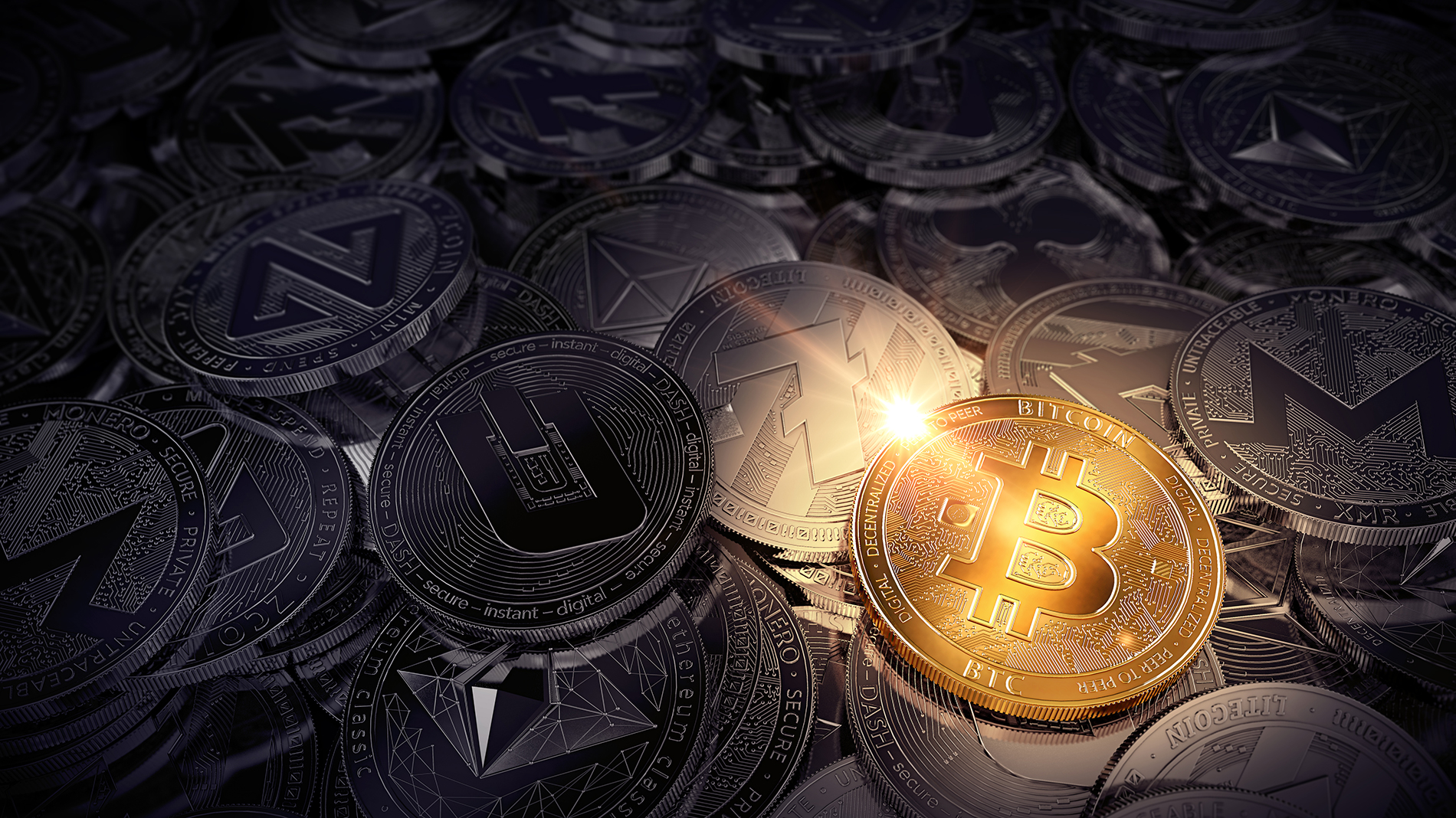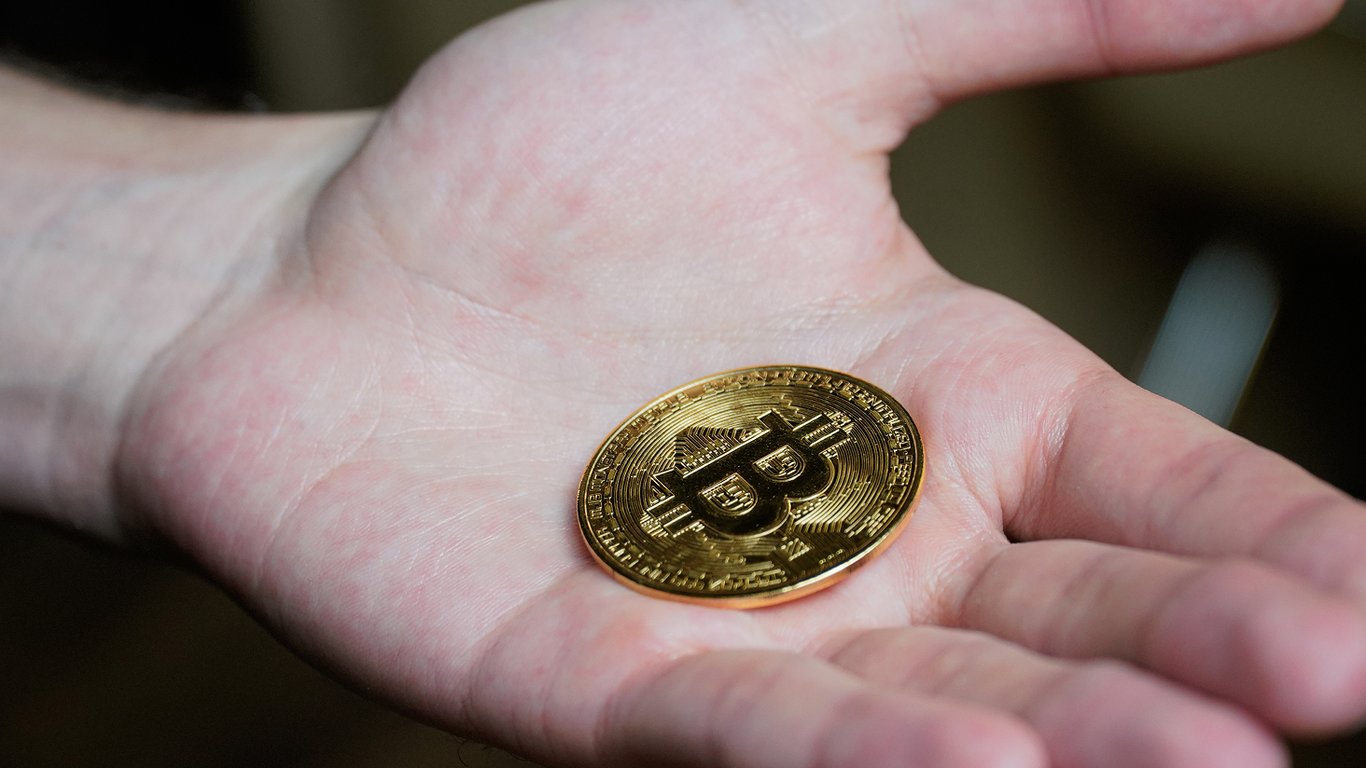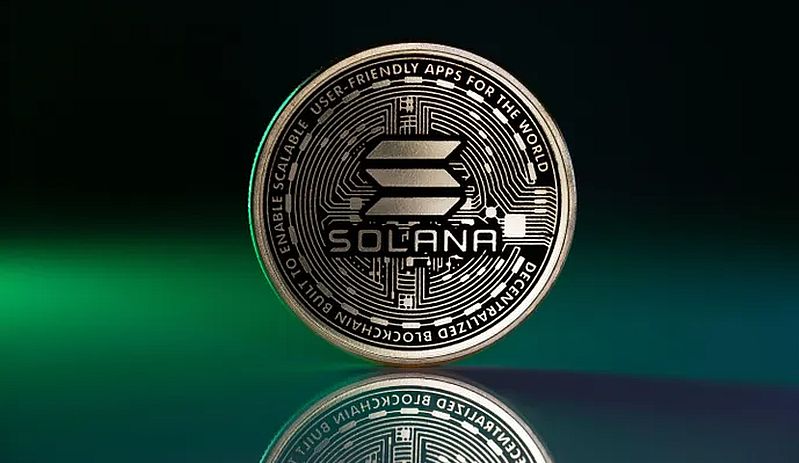What are altcoins in simple terms.


The world of cryptocurrency is incredibly vast and diverse, but the main tool in it remains coins. Investors will earn on them.
When delving into the topic of crypto, it's important to understand what an altcoin is. Additionally, it is essential to grasp how to work with it and earn from it. In general, to simplify what it is, it is alternative crypto.
What is an altcoin?

To understand what an altcoin is, one should return to crypto. These are unconventional currencies that strengthen their position year after year.
Overall, in the world of cryptocurrency, Bitcoin remains the most famous and popular digital asset. However, more and more new cryptocurrencies enter the market every year, each seeking to carve out its niche in this sphere.

Thus, in this world, what is an altcoin: these are alternative cryptocurrencies. Altcoins (from the English "altcoins" — alternative coins) are all cryptocurrencies except Bitcoin. In other words, Bitcoin, known to absolutely everyone, serves as a sort of gold standard. It is not only the most popular but also the most stable and profitable. However, besides Bitcoin, many new coins are emerging. You can also earn on them.
This term encompasses hundreds and thousands of digital currencies that differ from one another in technology, purpose, and operational principles. That is, like Bitcoin, these coins have their foundation (currency backing). Moreover, each coin has its own features and even a logo. The only difference is that these coins are not as popular as Bitcoin.

Altcoins are created to offer new functions, enhance existing technologies, or provide users with alternative opportunities compared to Bitcoin. They offer more possibilities. Altcoins emerged in response to the shortcomings and limitations of Bitcoin. Each new project strives to offer something unique, whether it be improved transaction speed, increased privacy, or innovative applications of blockchain technology.
What alternative coins currently exist?
Due to such a variety of alternative coins, it is easier to classify them into categories. The typology primarily depends on the functions of the coins.
Firstly, it is worth mentioning platform tokens. These altcoins are used within the ecosystems of specific platforms such as Ethereum or Binance Smart Chain. They allow for the development of decentralized applications (dApps), participation in staking, or the use of smart contracts.

There are also the so-called privacy coins. Such altcoins, like Monero or Zcash, offer users enhanced anonymity and security by concealing transaction data and their participants.
We cannot forget to mention stablecoins. These altcoins are pegged to the exchange rates of traditional currencies (for example, USDT to the US dollar). Their primary goal is to minimize the volatility that is inherent in most cryptocurrencies.
When considering such types of coins, meme coins immediately come to mind. Altcoins like Dogecoin started out as a joke but gained popularity over Time due to active community and celebrity support.

It's also important to mention what advantages alternative coins have:
-
Diversity. There are altcoins for various purposes — from fast transactions to ensuring privacy, allowing users to choose the right tool.
-
Innovation. Many altcoins offer new features and technologies that can be beneficial in various fields.
-
Accessibility. Some altcoins are significantly cheaper than Bitcoin, making them more accessible to the average user.
However, alternative coins also have their drawbacks. Most altcoins are subject to high volatility, which can lead to significant losses. Additionally, many altcoins are not accepted as payment on various platforms and services.
Read also
- Bitcoin Breaks Record — What’s Behind the Surge of the Cryptocurrency
- Peanut cryptocurrency sharply increased in price — what does Elon Musk have to do with it
- What is the Solana cryptocurrency in simple terms
- What is cryptocurrency Ethereum in simple terms
- What will happen to cryptocurrency in 2025
- What Will Happen to Bitcoin in 2025









